Dallas Did Wait
Mumford & Sons rocks Dallas fans at celebratory concert
Dallas waited three long months to see English folk rockers Mumford & Sons, who finally hit the stage at Gexa Energy Pavilion September 18. The band had to postpone its June appearance when bassist Ted Dwane underwent surgery for a blood clot on his brain.
Thankfully, Dwane made a swift recovery, and the foursome made good on their promise to return for performance that had the fans on their feet for the duration — at the request of bandmember Ben Lovett, just before they launched into mega-hit "I Will Wait." Pretty young girls bedecked with hippie-like headbands and fringed crocheted vests and many a bearded gent showed their adoration for the chart-topping group that prompted a full-on pop grass movement.
Lovett was also eager to thank the fans for their patience and declared the evening one of "pure celebration." Lead singer Marcus Mumford broke from his soulful, almost sad expression a few times to flash that winning smile and crack a few jokes. "There are so many things I want to say about Texas," he declared as the crowd erupted in cheers.
But the night wasn't always a foot-stomping affair. During the encore, the band huddled around a single mic, asked the crowd to hold their "whoopin' and hollerin' until after," and demonstrated the full breadth of their musical and vocal talents.
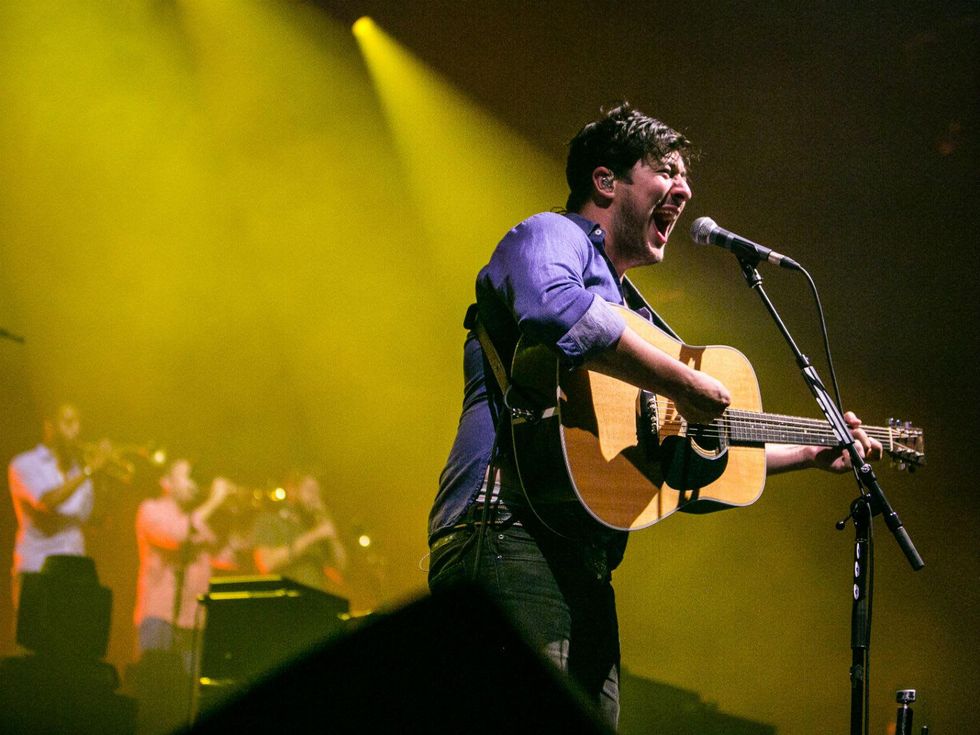
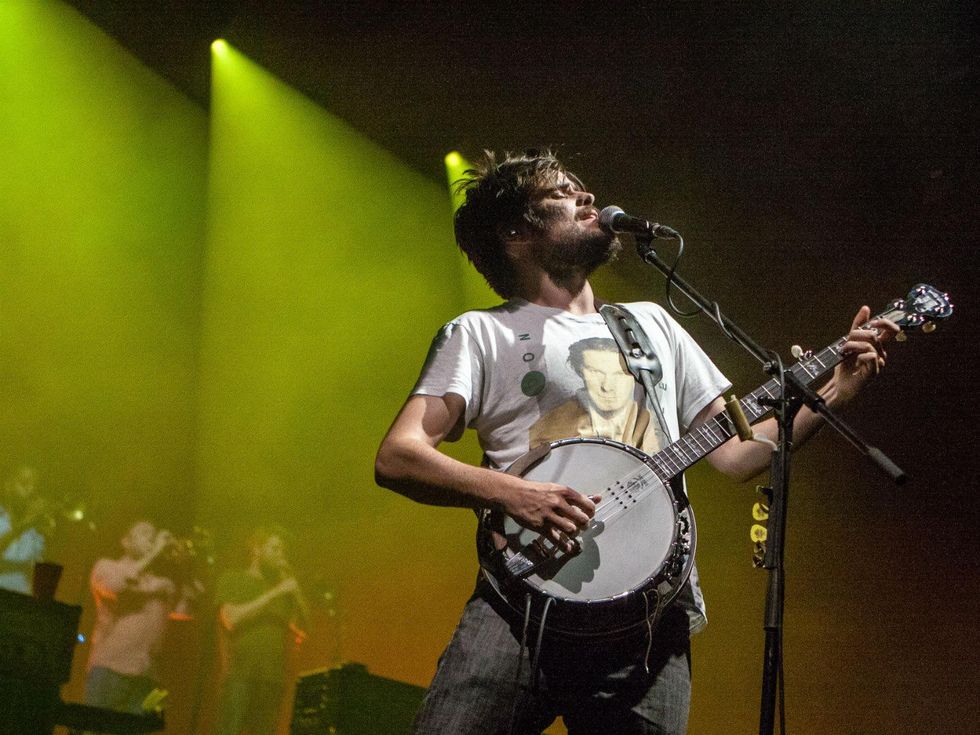
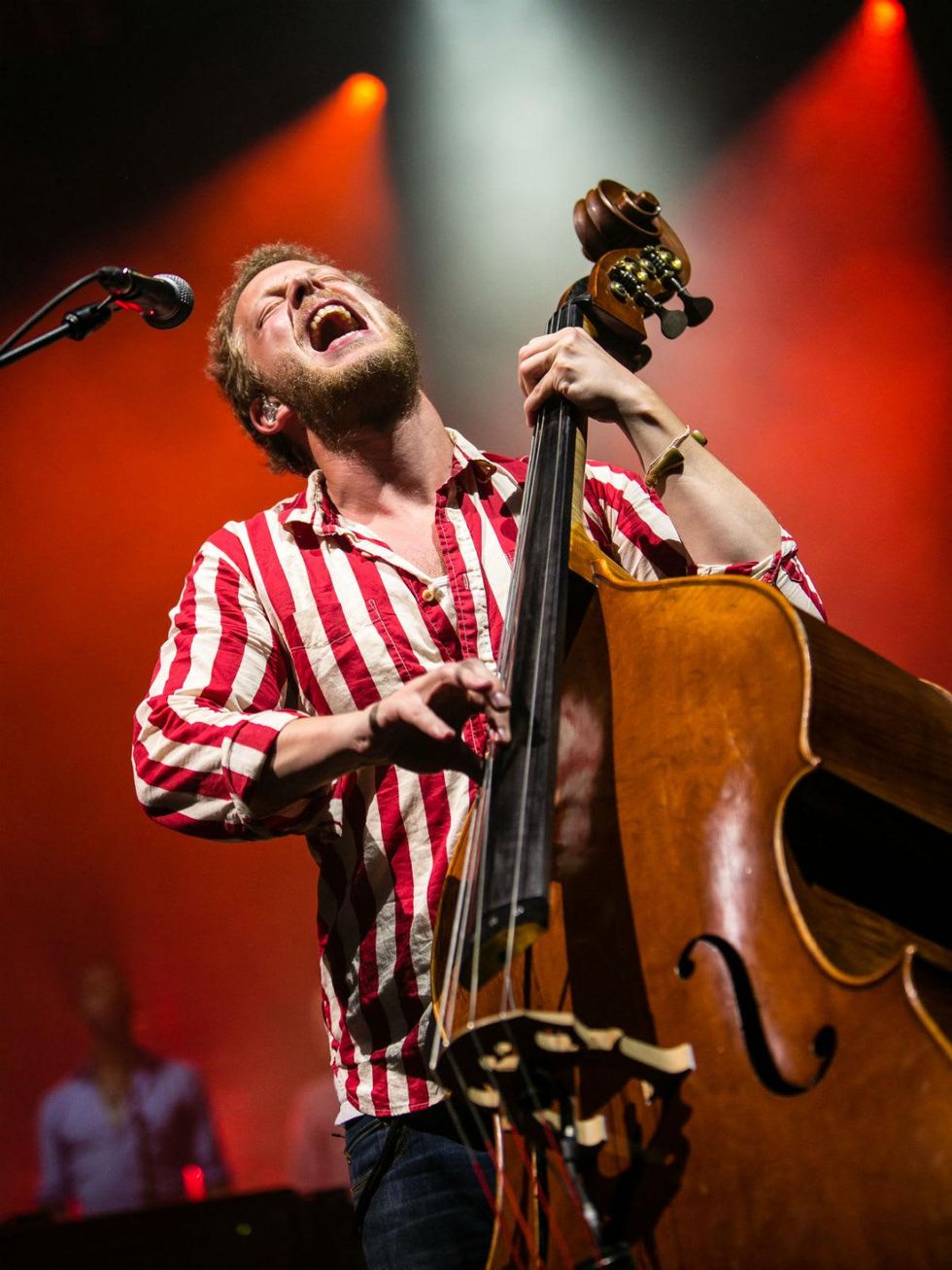
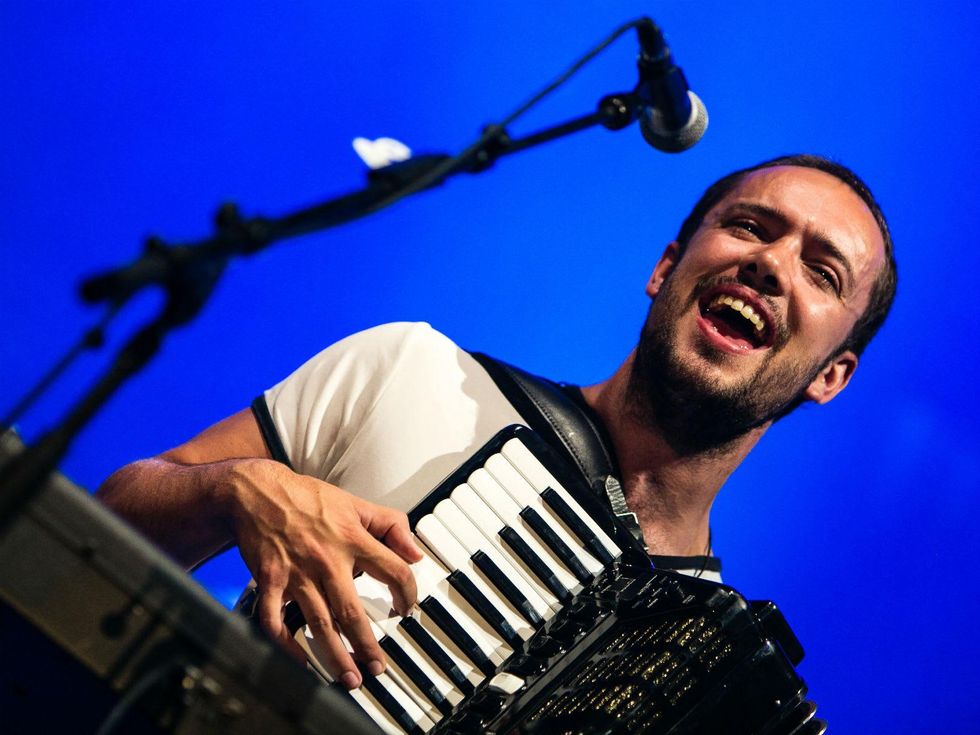
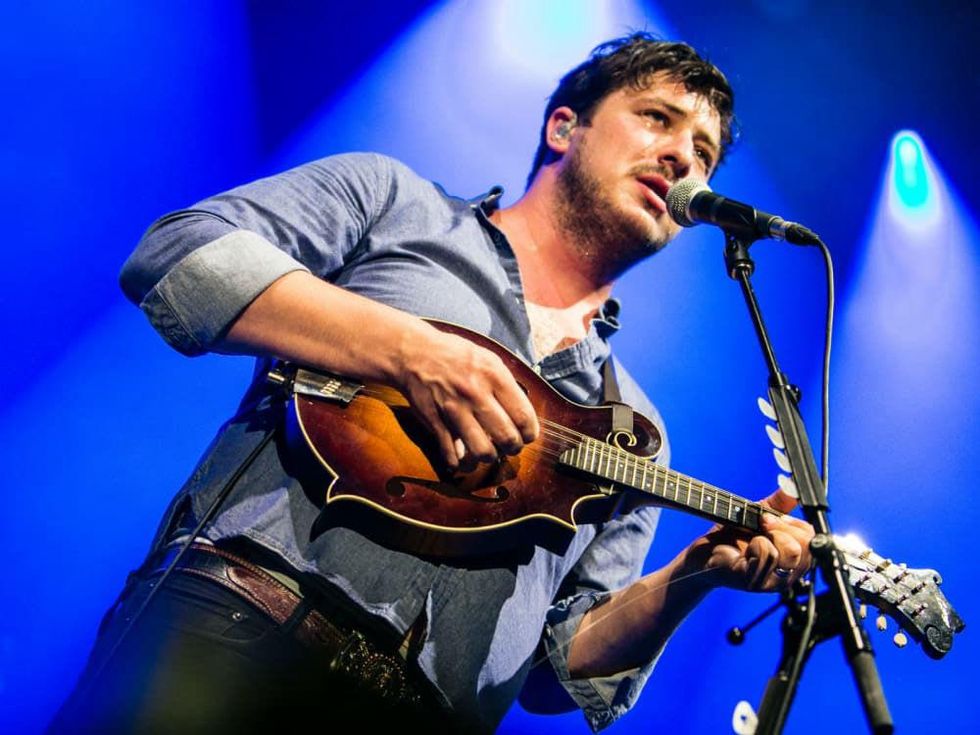
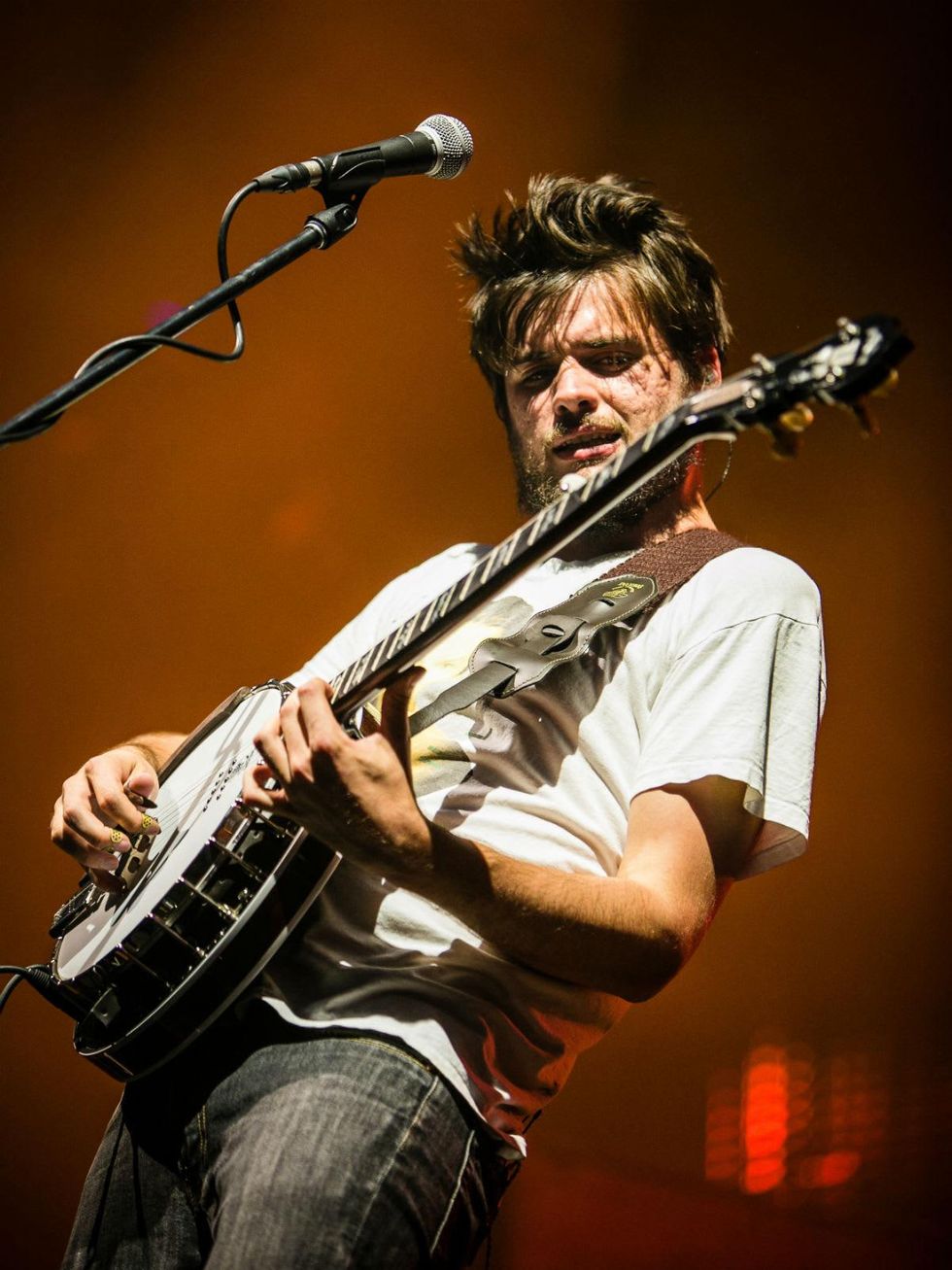

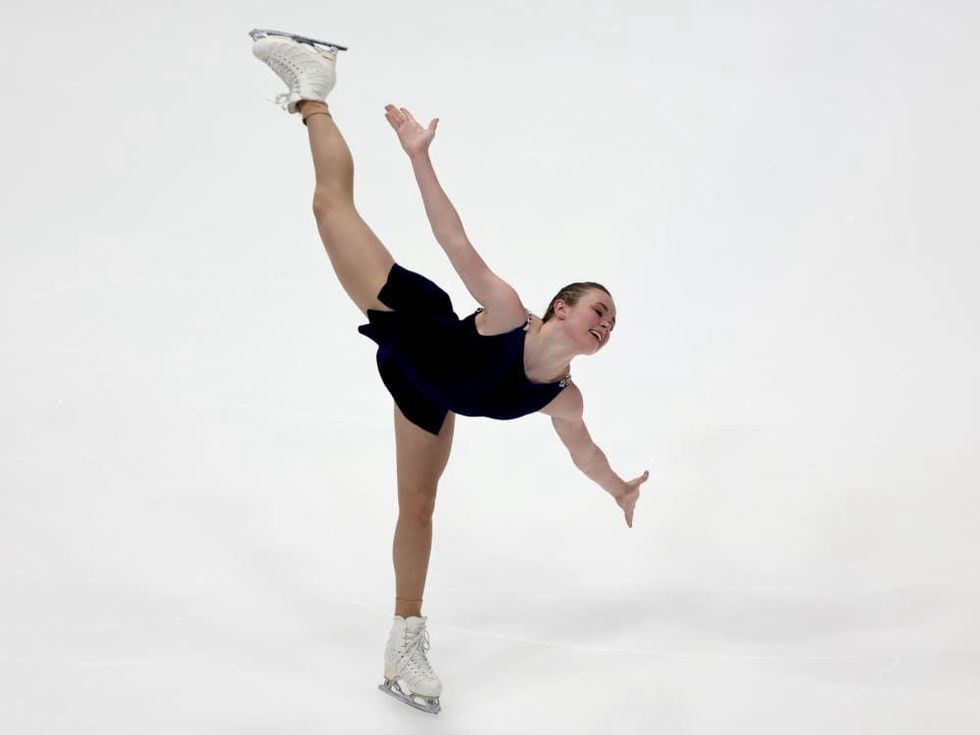 Figure skater Mariah Bell. Getty Images
Figure skater Mariah Bell. Getty Images